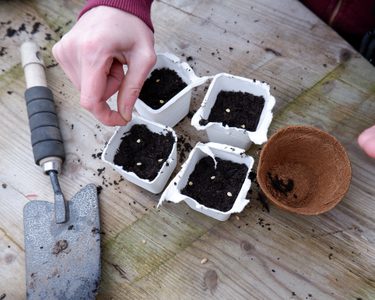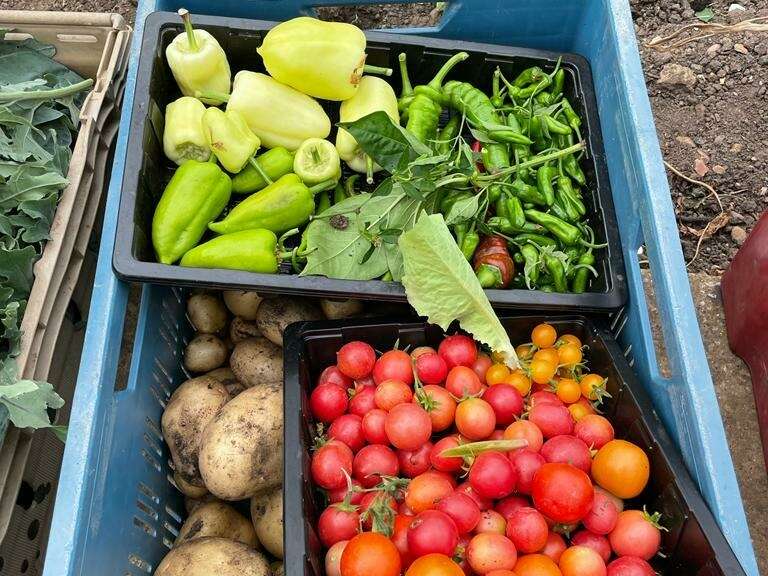Time to grow the taste of the Mediterranean

The days are getting longer, and oodles of fresh organic food growing will soon be underway. But I like to practise a bit of patience when it comes to seed sowing, making sure I don’t go to early - and sowing different varieties and types of plants in separate waves.
The first crops are the ones that need a long season in order to crop successfully. The warmer climate veg such as aubergine, chilli, pepper and tomato will all be sown into my freshly washed and prepared propagators.
I use a decent peat-free seed compost from Melcourt, and the seed is always bedded in and sown using a fine sieve, giving the seed the best chance of successful germination. I also use a tamper to very gently firm the surface of the compost once the seed is covered, making sure the seed is in even contact with the soil.
The seed I choose is always sourced from the Heritage Seed Library, where possible, as the taste is always more superior than commercial varieties. Once sown, I make sure I label and date my seed trays as it will get busy as the spring kicks on, and I need to remember what’s what!
Watering your young plants
It’s easy to undo all your careful seed sowing with a sudden and heavy gush of water from a can. To avoid this, place your seed trays in a sink of water and let the compost soak up moisture by capillary action.
Or place the trays outside for a moment and use a watering can with a rose. Turn the rose upside down and start to tip the can away from the trays. A fine rain of water will begin, and you can run this over the seed trays several times before turning. This will give your seeds and the compost a really good soak without disturbing the nice cosy seed bed.
Place the seed trays in a heated propagator in a well-lit spot and germination will start in as little seven days. Next stop, for our first wave of seeds will be to prick out, and give them some more space - but this undoubtably heralds the start of the new growing season.
